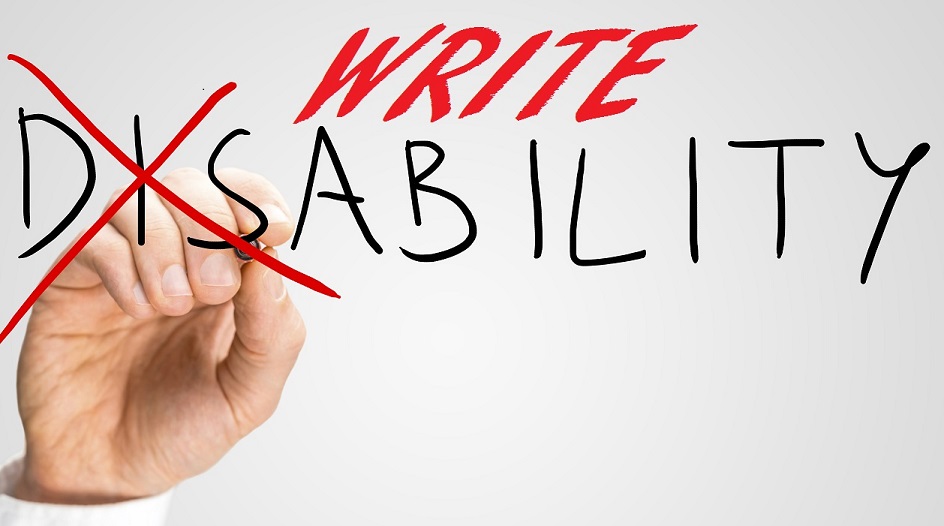
Writing with a Disability (Different Ability)
Writing With Disability -Featuring Writing of The Holy Bible – Part Three:
King David, Isaiah, Jeremiah: Inclusion of Their Sick and Crippled Picture a playground of children picking teams for…
July 27, 2017

